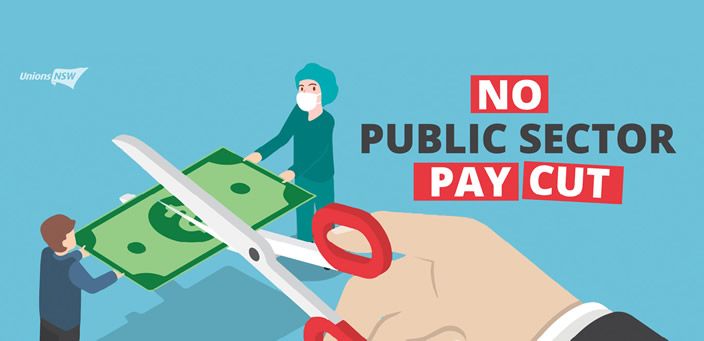
Ensuring Integrity bill canned
At a national level, negotiations have resulted in the Ensuring Integrity bill being withdrawn from the legislative agenda.










































































































































Industrial news – federal and state
2020 June Newsmonth


Ensuring Integrity bill canned
At a national level, negotiations have resulted in the Ensuring Integrity bill being withdrawn from the legislative agenda.

This is a considerable step forward in terms of industrial relations; the Ensuring Integrity bill was a thinly veiled attack on unions. Its harshest elements included a threat to freedom of association and the deployment of an approach to catch unions out on minor and technical contraventions. Unions under this vision could be deregistered at a whim. An opportunity now exists to adjust the balance.
Australians understand and value the notion of workers having a legitimate voice in the workplace. Australians are accepting of a balanced industrial relations system.
The Secretary of the ACTU, Sally McManus has reached out to the Federal Government to be a partner “in good faith”. The partnership will involve seeking consensus on workplace relations reform.
The basis of the broader union movements’ involvement is twofold; enhancing and extending secure work provisions and ensuring the nation’s wealth is distributed fairly. Five working groups will focus on industrial awards, enterprise agreements, casual employment, compliance and enterprise agreements for ‘greenfields’ projects.
The time frame attached to the process is comparatively brief, by September this year.
IEU members welcome the initiative and trust that progress is measured by more Australian's enjoying secure work as the nation transitions from the COVID-19 crisis.
NSW Government pay freeze
The NSW Government has decided to not utilise a ‘consensus’ approach to industrial relations as we hopefully exit the pandemic. Rather the Berejiklian government sought to impose a wage ‘freeze’.
IEU members’ salaries and wages are inextricably linked to public service outcomes. Put simply, the adage of the NSW Catholic Bishops’ Conference (for many years) has been “Never before and not a cent more” for IEU members in Catholic systemic schools. When public servant salaries and wages are impacted negatively, the outcome is a negative for all workers.
The current impasse in NSW industrial relations has been generated by the NSW Government seeking to impose a 12 month freeze on public servants. The union understands if an industrial agreement has been signed off it will be honoured. Upon expiry however the 12 month freeze will be put in place. This decision would have far reaching consequences.
The opposition and cross-benchers have ensured defeat of the proposal in the NSW Upper House.
While the matter will now play out in the NSW Industrial Relations Commission, the rejection of a pay freeze in the NSW Upper House was profound.
We need to be ever vigilant and prepared in this changing industrial environment if we are to secure the best industrial outcomes for teachers and support staff in NSW and ACT.